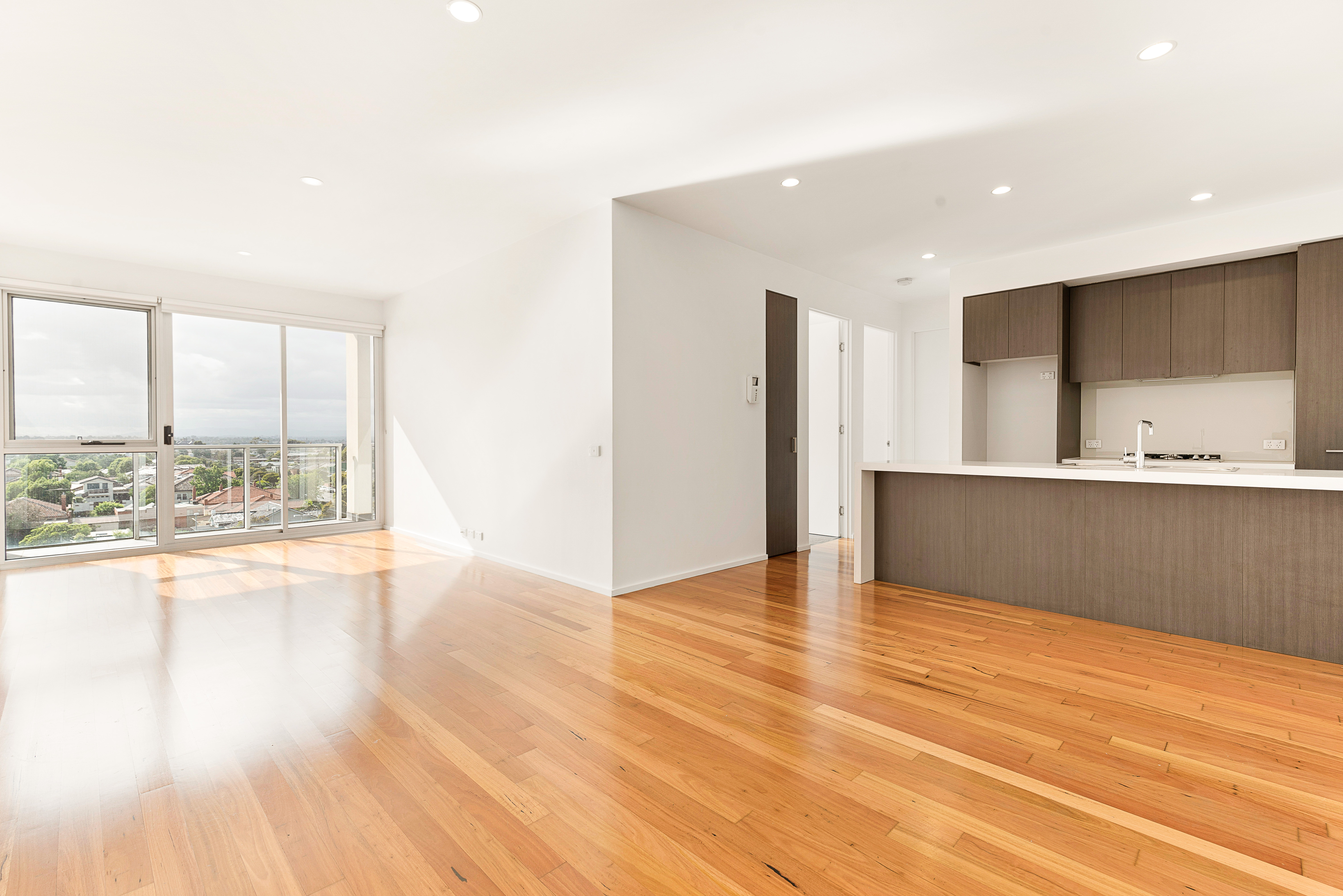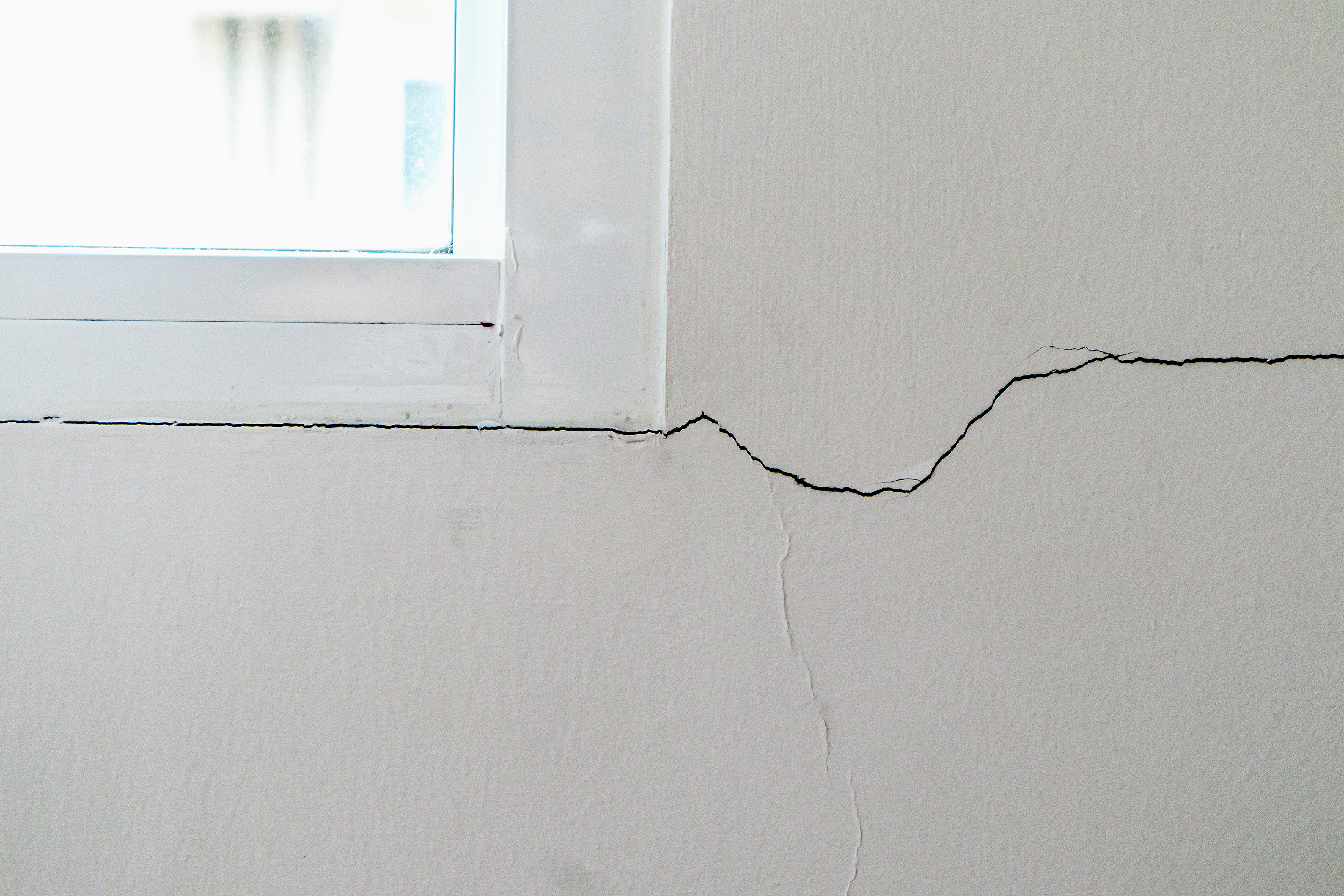Did you know that it can take just EIGHT minutes for a potential buyer to know whether a property is right for them, or worth avoiding?! Viewing a potential home can be exciting, and it’s easy to fall in love with the idea of a new home, but that can mean it is also easy to get carried away and forget to focus on the reality and practicalities of a property.
Fear not, with The Guild of Property Professionals, this is what we do day in, day out. We offer our professional services and advice to those searching the property market for their new dream home, so we thought we would round up our top tips to get you started, along with the ultimate checklist when it comes to viewing a potential property.
The Ultimate House Viewing Checklist
Top Tips For Getting Started:
- Be Objective: You can be more objective about your property search if you allow yourself a first look which can be purely aesthetic, then return for a more detailed inspection. Give yourself the time to talk the property over with your friends and family, who will help you assess the pros and cons more effectively.
- Be Time Conscious: Always allow enough time for the viewing - a rushed search is likely to miss something important.
- Be Mindful of Property Staging: If you are not personally keen on the style of the house or the furniture inside it at the viewing, try your best to see past it. Keep an open mind about the layout, too. These can all be changed and improved after purchase should you choose the property.
- Take The Guild Checklist To Your Viewing: Take a pen and paper, or have your phone handy to make any notes. A tape measure, a torch and a compass could be useful too.
The Ultimate House Viewing Checklist:
1. Take some time prior to your viewing to explore the surrounding areas
This is important as you want to get a feel for what it would be like to live there, and to witness the neighbourhood at different times of the day, and different days of the week.
*Remember, night time can make things feel completely different to viewing a property during the day, so if you are serious about a potential home, it may be worth an evening trip after work in the evening. This way, you can vet out how safe you feel and whether you would be happy to come home to this property at night.

2. Check the direction that the house is facing
Is the house facing in the right direction for you? North or South facing can make huge differences to the amount of light you will get in the house, especially during the Summer months. Think about the outside space and when the sunshine will reach the garden.
Tip: If you don’t want to take a compass along, or use your phone, you can always ask the agent showing you around as they will be aware of facts like these!

3. Evaluate the house space on offer
Ignore the furniture that the property is currently staged with, and think more about the square footage of the property. Ask yourself:
- Does this property have enough space for your needs?
- Will the space in this property last you for many years to come, i.e if you decide to have a family, or is it more of a short term fix?
- Is the property worth the asking price for the square footage?

4. Think about the plumbing
By this, we mean the plumbing. One part to a house that nobody thinks of until it comes to requiring what we all take for granted: water. Test out the taps to check the pressure yourself, and while you may not know a great deal about plumbing, ask the agent showing you around:
- How is the plumbing?
- How old is the boiler? Does it come with a guarantee for the new owner?
- Are the pipes insulated?

5. Touch (and smell) for signs of damp
While you may not be qualified to assess the condition of the property fully, damp can be costly and there are some telltale signs including:
- A mouldy/unpleasant smell
- Flaky plaster
- Water stains
- Floors that feel cold or damp
Look out for these around the property, and check out this helpful article on How To Spot Signs of Damp prior to your viewing to have yourself up to speed as much as you possibly can.

6. Assess the structural aspects of a property
Whether this be small hairline cracks, to bowing walls, both could be signs that could indicate that the property is not structurally sound. You can investigate these further with a professional, such as a structural engineer however it is always worth looking out for them on your first viewing.
Tip: If you pick up a number of these issues, it may be worth considering your options and wondering if this is going to cause more of a hindrance than a help at this point in the process.

Know What To Ask Your Agent…
The estate agent may be able to gain more information about the seller and the property itself, so be sure that you ask the right questions when you arrive at your viewing. To give you a head start, we have listed a few popular questions that we get asked ourselves…
- How long has the seller lived in the property? (Circumstances may mean there have been good reasons, but if the property has been sold frequently, it may suggest issues. Noisy neighbours or a lack of community spirit could be causing people to move, so it is worth probing a little further).
- Why is the seller moving? What is the reason?
- Has the seller received any offers so far, and how much were they for?
- What are the neighbours like?
- What is the area like? Do they have a strong sense of community? Are there activities you can attend, such as toddler groups or park runs?
- Can you speak with the seller directly? (If the agent can’t answer any of your questions or you are looking for a direct opinion and the seller isn’t present when you view the property, ask if you can talk to them).

Are you still on the search for your dream home?
Start your property search with The Guild today. With over 800 members nationwide, our expert team of professionals are on hand whether you are searching your first home, or one to add to a portfolio.

Further reading:

